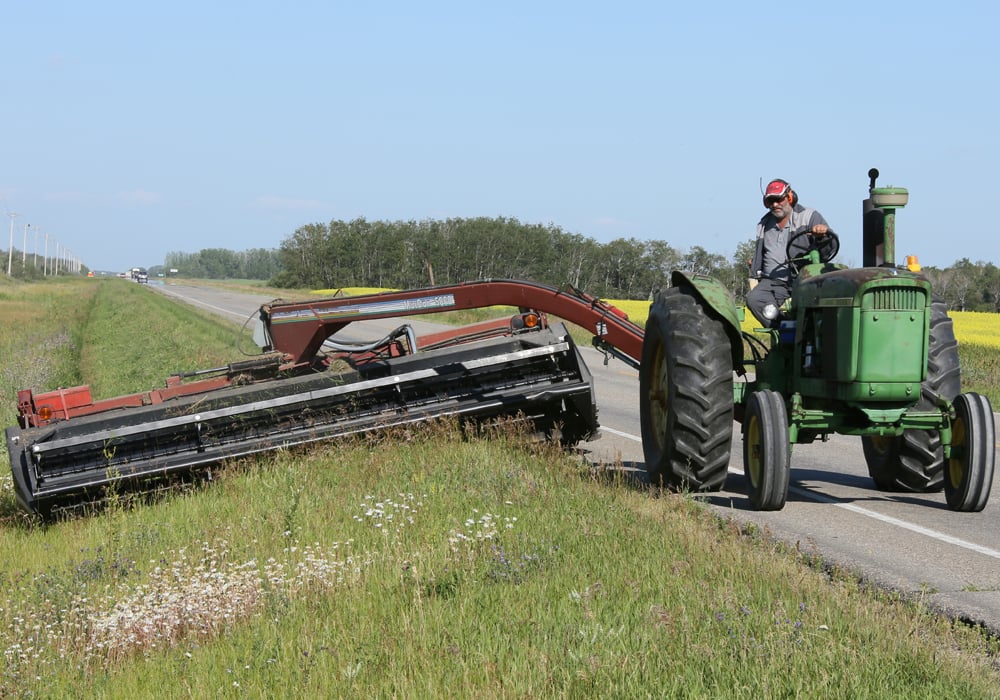Hundreds of livestock producers in Manitoba are facing hay and feed shortages, because a two-year drought has cut forage production by half or worse this summer.
To help producers who are short on feed, the Keystone Agricultural Producers and the Manitoba Beef Producers are urging farmers to publicly list all sources of hay, straw and alternative feeds.
“We are encouraging producers with these kinds of resources available to consider listing them for sale,” said Tom Teichroeb, MBP president and a farmer near Langruth, Man.
“Many beef producers have been hard hit by back-to-back dry conditions that have led to diminished pasture and forage yields and depleted their hay and straw reserves.”
Read Also

Canadian Food Inspection Agency extends chronic wasting disease control program consultation deadline
Date extended for consultation period of changes to CWD program
Manitoba crop reports indicate it’s been a horrible year for hay production and pasture growth in the province.
Hay are forage yields are “significantly below average,” in nearly every corner of the province, Manitoba Agriculture said in its August 6 Crop Report.
Central Manitoba is one of many regions that is short of hay.
“First cut hay crop is mostly complete with yields running 25 percent to 50 percent of normal. The most severely affected tame hay fields in the north are half a round bale/acre,” the report said.
Conditions may even be worse in Manitoba’s Interlake, where pastures are suffering through an extended drought.
“Almost all pastures have been grazed down and are rated in poor condition. Topsoil moisture for hay and pasture is rated as 50 percent short and 50 percent very short,” the report said, adding cereal straw may not be available because crops are shorter than usual.
Growers who have hay or other forages for sale, can post on a number of websites – including the Manitoba Hay Listing Service.
As well, KAP and MBP have created a fact sheet; detailing the tools for selling and purchasing feed.
“We feel that it is important to ensure producers know what their options are when it comes to both buying and selling available hay and straw,” said KAP president Bill Campbell. “As a grain farmer and a beef producer, I must utilize every option available to ensure the long-term viability of my operation.”
















